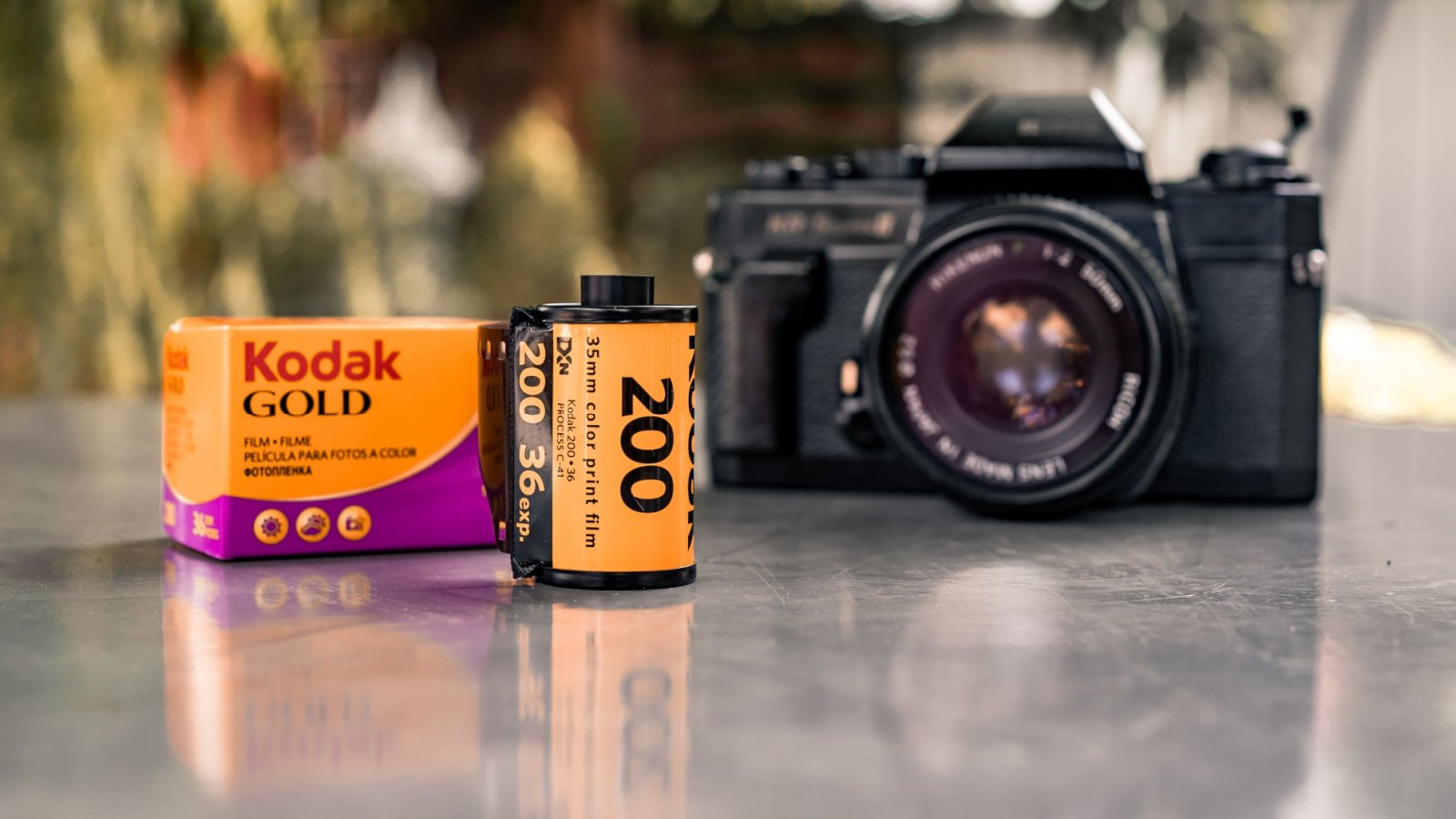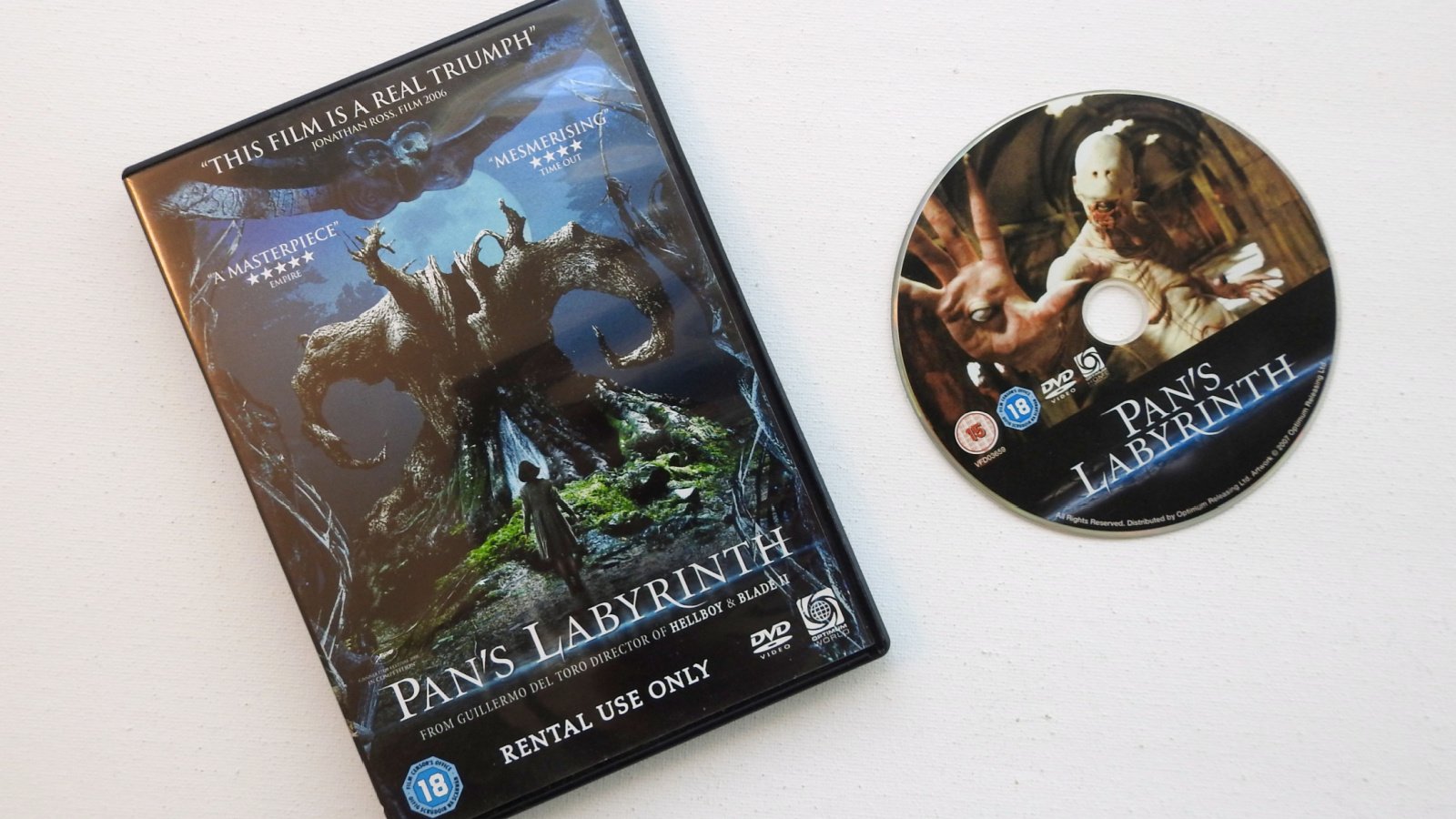Times change, and so do our perceptions. What once seemed indispensable now leaves us scratching our heads, wondering why. This shift in understanding challenges us to rethink the familiar.
Encyclopedias

We once treasured encyclopedias as gateways to knowledge, thumbing through their pages with reverence. Now, they sit on shelves, gathering dust as we turn to the internet for instant answers. The shift has left us wondering about the value we assign to information sources.
Phone Booths

Phone booths were once crucial in connecting us to distant friends and family. Today, they stand as relics of a pre-mobile era, often ignored and sometimes removed.
Handwritten Letters

The art of crafting handwritten letters once held a romantic allure, with each stroke carrying personal sentiment. Now overtaken by emails and instant messaging, the rarity of receiving one confuses us with its intimacy and effort. We’re left nostalgic yet unsure of its place in our digital world.
Film Cameras

Film cameras, with their ritual of loading film and the suspense of waiting for photos to develop, once captivated us. As digital cameras and smartphones have usurped their throne, we’re left bemused by the patience and uncertainty that film requires. It’s a craft that bewilders as much as it fascinates.
Fax Machines

Fax machines were the pinnacle of office technology, transmitting documents in minutes over telephone lines. Now, as email attachments become the norm, the fax’s continued use in some sectors baffles us.
Cassette Tapes

Cassette tapes were once the soundtrack of our lives, their hisses and pops music to our ears. Today, as streaming services offer endless music at our fingertips, cassettes evoke confusion over their inconvenience and fragility. Yet, their resurgence as a nostalgia item puzzles us further.
VCRs

VCRs allowed us to record and rewatch television like never before, a marvel of technology that changed home entertainment. Now, with streaming and on-demand services, the idea of programming a VCR feels unnecessarily complicated. The technology once celebrated is now viewed with bemusement.
Rotary Phones

Rotary phones, with their distinctive dial and mechanical ring, were once central to household communication. Today, they perplex younger generations who’ve never had to ‘dial’ a number. Their cumbersome operation is a confusing oddity in the age of touchscreens.
Public Libraries as Sole Research Hubs

Public libraries once stood as the primary research hubs, bustling with students and researchers. Now, with vast information available online, the role of libraries has evolved, confusing some about their place in modern research. Yet, their transformation into community and digital learning centers continues to adapt.
Paper Maps

The unfolding of a paper map was once a ritual of travel, its creases marking adventures past. In the era of GPS and digital navigation, the sight of someone poring over a paper map is rare and perplexing. Yet, their tangibility and breadth of detail hold a nostalgic charm.
Phone Directories

Phone directories, once essential for finding contact information, now seem obsolete and cumbersome. The transition to digital searches has rendered them confusing relics of a not-so-distant past. Their continued existence in some homes puzzles many, a reminder of how quickly technology evolves.
Dial-up Internet

The distinct sound of dial-up internet connecting us to the World Wide Web was once a symbol of progress. Now, with high-speed connections ubiquitous, the slow and limiting nature of dial-up is a baffling memory. It’s a reminder of our ever-shrinking patience for digital delays.
Typewriters

Typewriters, with their tactile keys and immediate ink-to-paper results, once embodied the romance of writing. Today, they are novelties, their lack of a ‘delete’ button and immediate digital output confusing to the modern writer. They represent a bygone era of craftsmanship in writing.
Video Rental Stores

Video rental stores were magical places where weekends were made. The rise of digital streaming has turned these once-beloved stores into curious footnotes in entertainment history. We’re left confused by the rapidity of their rise and fall, a testament to the digital age’s pace.
Walkmans

The Walkman was a revolutionary personal music experience, a companion for every mood and journey. Its replacement by digital music players leaves us puzzled by the bulky cassettes and limited song choices we once accepted.
Pay Phones

Pay phones were our lifelines in public spaces, essential for emergency calls or when out of change. Their rapid disappearance in favor of universal mobile phone access leaves us scratching our heads. We’re confused by how quickly they’ve become an anomaly rather than a necessity.
Checking Account Registers

Manually balancing a checkbook with a checking account register was a meticulous financial ritual. Today, online banking and digital tracking make the manual process seem archaic and confusing. It’s a financial management practice that feels like a relic of a more cautious era.
Physical Encyclopedias for School Projects

Using physical encyclopedias for school projects was once a rite of passage. Now, the idea of not instantly Googling information is perplexing to students and educators alike. It’s a shift that has transformed how we view the accessibility and verification of information.
Floppy Disks

Floppy disks once stored our most important documents and games, a marvel of data portability. Today, their limited storage capacity is laughable and confusing, especially to those who’ve never experienced their use. They’re a symbol of the rapid evolution of data storage technology.
Bulletin Boards for Community News

Bulletin boards were the go-to spots for local announcements and community news. In the digital age, social media platforms have taken over this role, leaving physical bulletin boards as quaint curiosities. We’re confused by the persistence of this analog form of communication in a digital world.
Overhead Projectors in Classrooms

Overhead projectors were once at the forefront of classroom technology, illuminating notes and diagrams for all to see. Now, digital projectors and smartboards have rendered them confusingly outdated. Their clunky operation and the need for transparency sheets seem unnecessarily complicated.
CD-ROM Encyclopedias

CD-ROM encyclopedias, once hailed as the future of information storage, promised instant access to a world of knowledge. Today, they’re seen as cumbersome and limited compared to the boundless, updated information online. The transition from physical to digital media leaves us bemused by the limitations we once accepted.
Printed Television Guides

Printed television guides were meticulously studied to plan viewing schedules. With the advent of digital guides and streaming, the idea of consulting a printed booklet is now perplexing. It’s a quaint reminder of the days when watching television was less about choice and more about scheduling.








